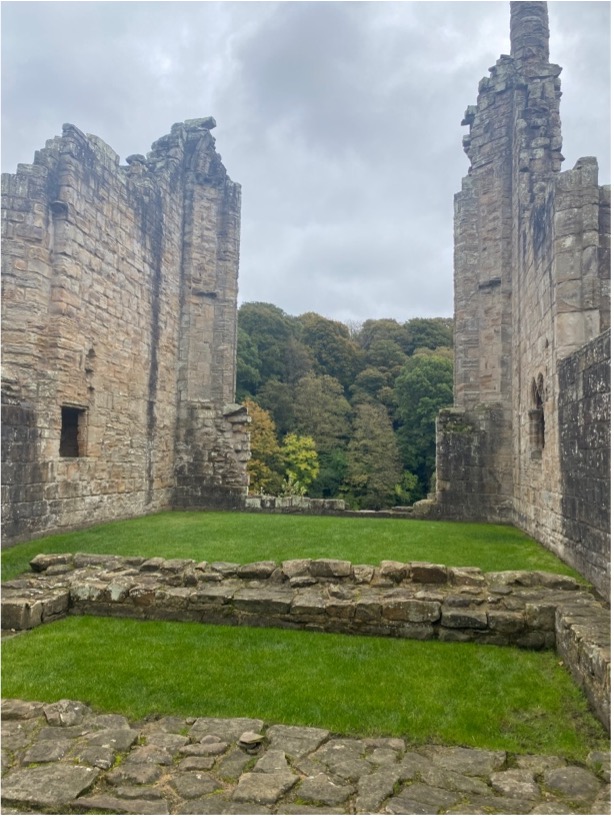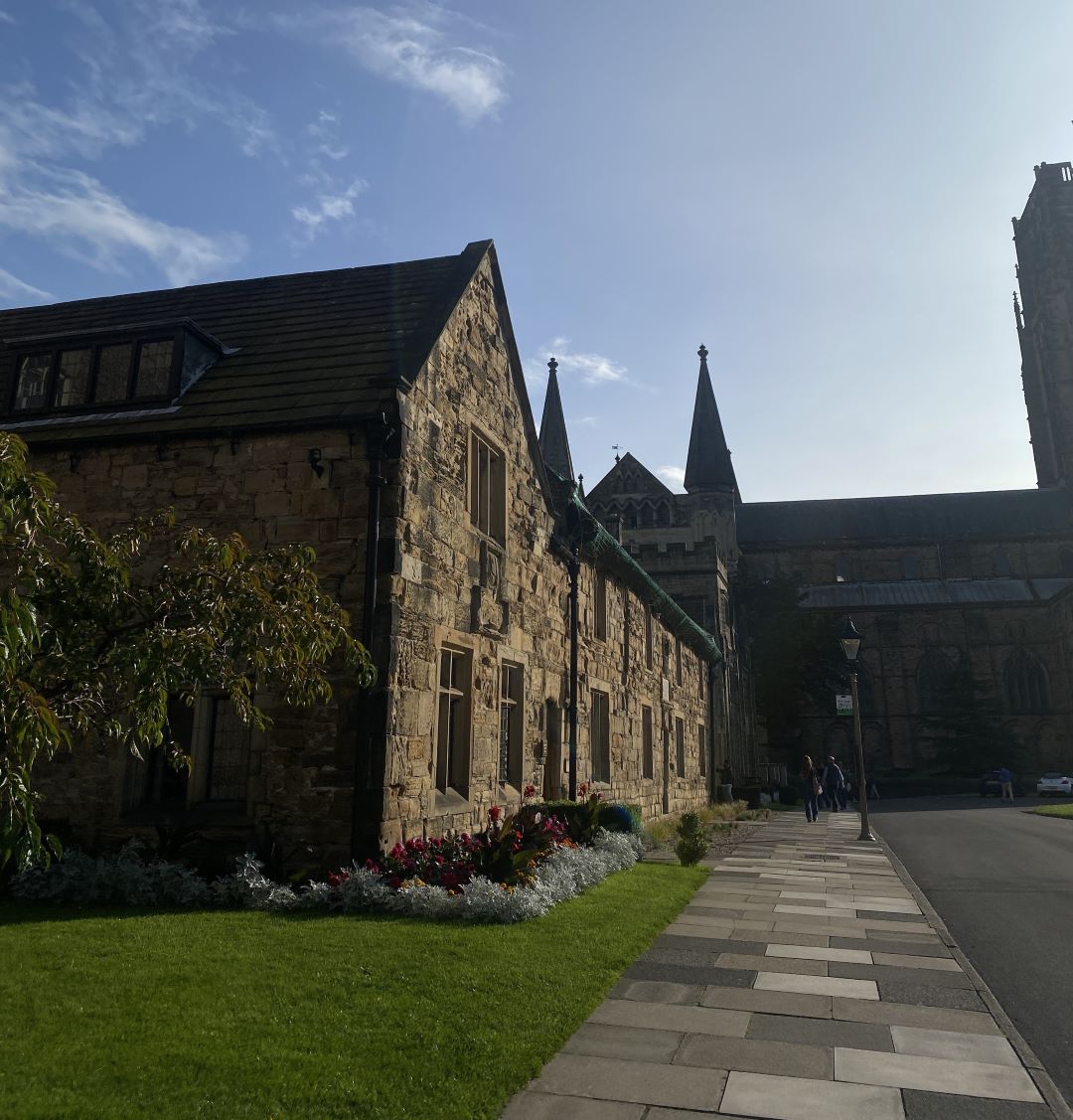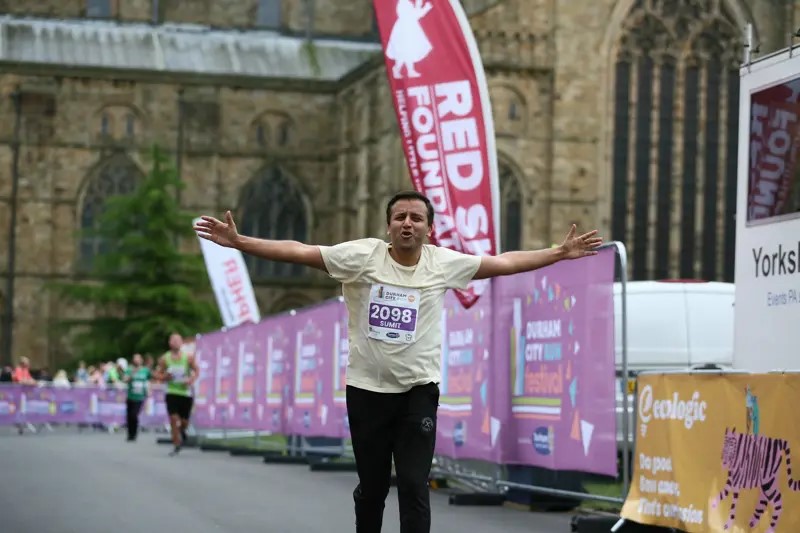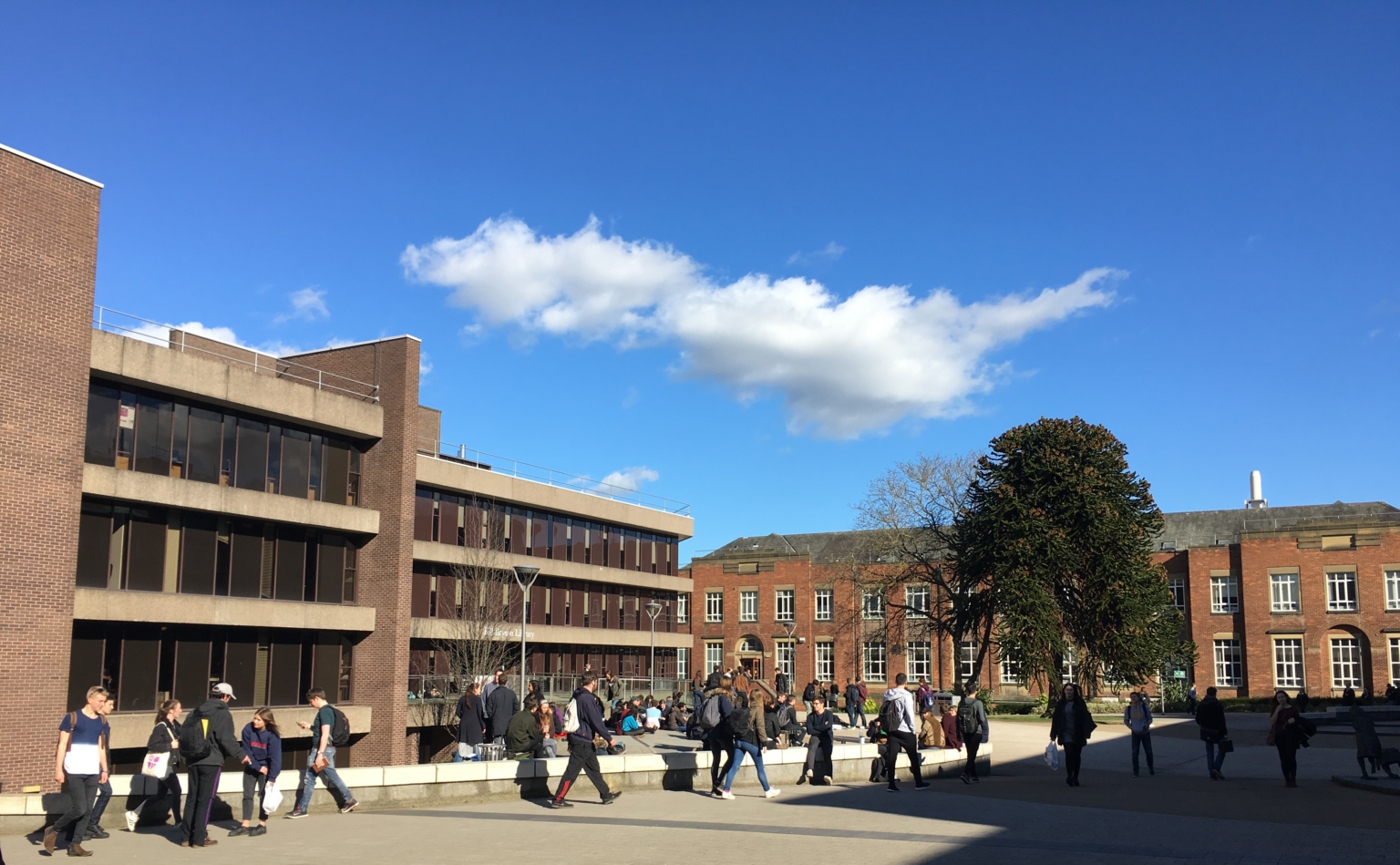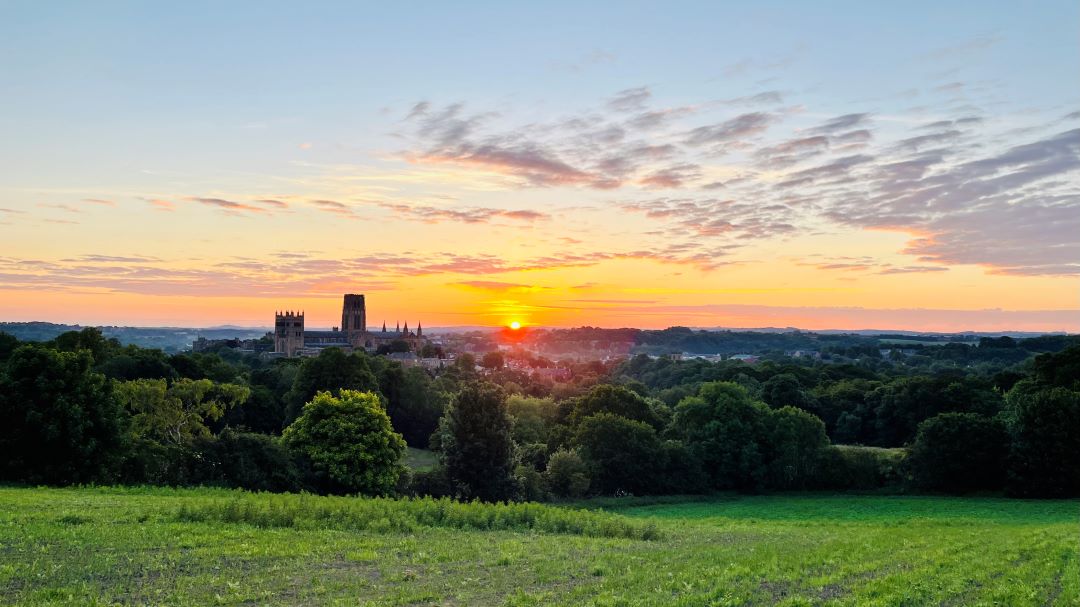Why Archaeology?
Despite having visited museums throughout my life, it wasn’t until the excavation of Richard III’s remains from beneath a car park that my eyes were truly opened to the world of archaeology. As the early modern period was a key part of the History curriculum for both my GCSEs and A-levels, this discovery particularly stuck with me. It proved that the past doesn’t just belong behind glass cases or in a textbook – it can also be found in laboratories, the local landscape, and beyond.
With its beautiful historic buildings and wide range of modules, I knew that Durham University would be the perfect place for me to start my journey as an archaeologist. And what a journey it has been!
An incredible range of topics
Put simply, archaeology is the study of the human past through artefacts and other physical remains. However, this definition fails to do justice to the fantastic variety of topics I’ve encountered while studying my degree (and I still have another year to go!). For example, in my first year, the ‘human past’ ranged from prehistory to around the 19th century. In just one week, I could have a lecture on forensic archaeology, a class discussing Neanderthal diet and a fieldtrip to learn about the architecture of medieval religious buildings.
Now I’m in my second year, I’ve chosen to focus on the medieval and post-medieval periods in greater depth, and I’m also taking practical classes on the analysis of animal remains (zooarchaeology) and glass vessels. You really do surprise yourself with just how much you learn – if you’d told me on my first day of university that, in just one year’s time, I’d be able to tell you all about Roman farming practices just by looking at some broken, dirty bones, I would have never believed you!
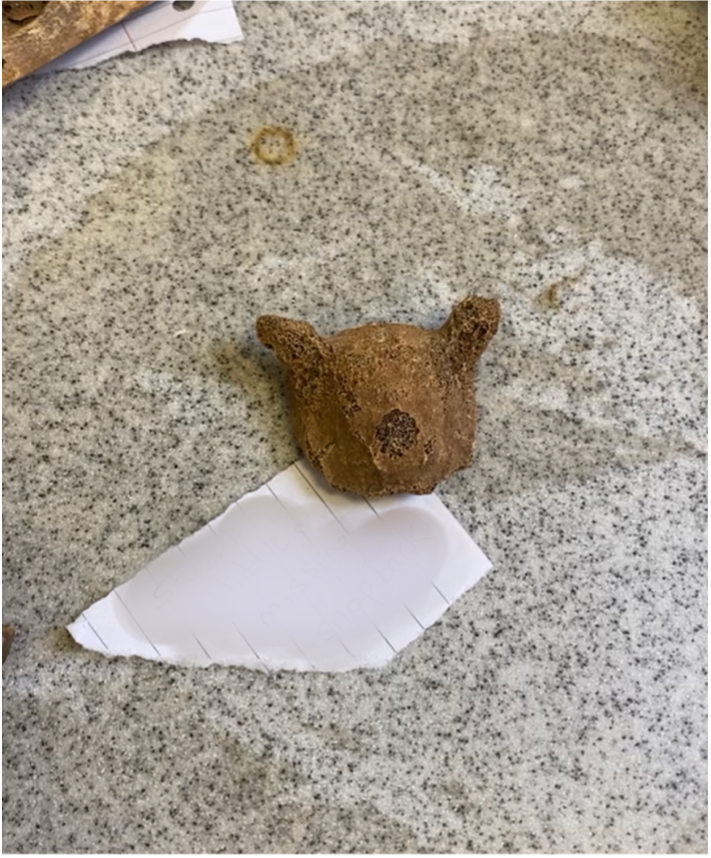
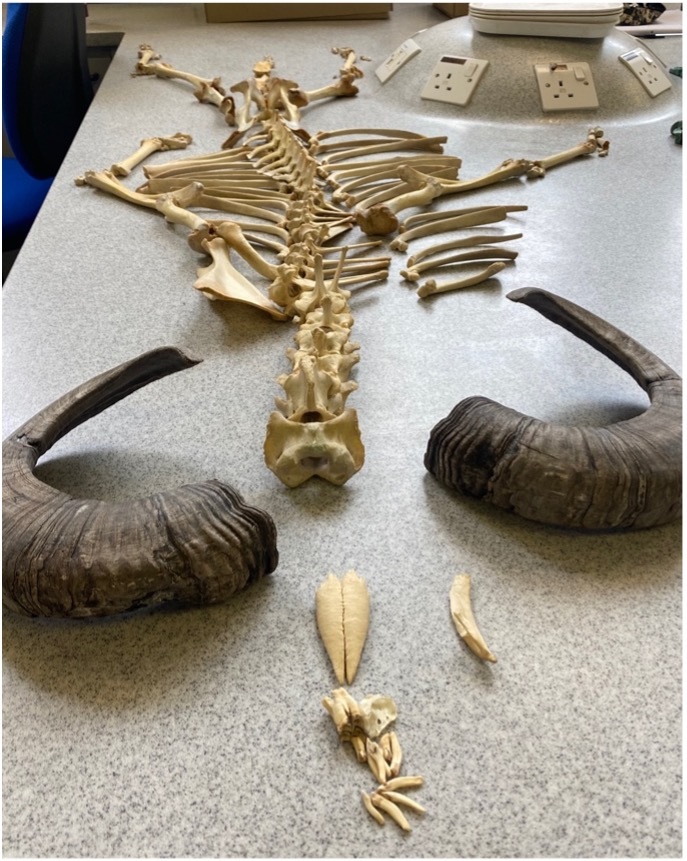
So many field trips
Aside from lectures, practicals and tutorials, my archaeology degree also offers a multitude of field trips, allowing me to enhance my understanding of particular topics. As my previous experience of history was largely confined to the classroom, there was no better feeling than coming to university and travelling to the archaeological sites themselves to learn about them.
One of the highlights has certainly been my trip to the Treasures of St Cuthbert exhibition at Durham Cathedral. As part of our topic on medieval religion, we were shown the carved fragments of a coffin, a beautiful golden pectoral cross and a portable altar, all of which were associated with St Cuthbert. As someone with lots of friends in St Cuthbert’s Society, I definitely enjoyed bragging about seeing these!
While optional for me as a joint honours student, Durham also provides archaeology students with a two-week placement at an excavation site towards the end of first year. This is not only a fantastic opportunity to get hands-on experience, but also a time when students often make amazing friendships and memories – they may be hot and tiring days, but they’re totally worth it!
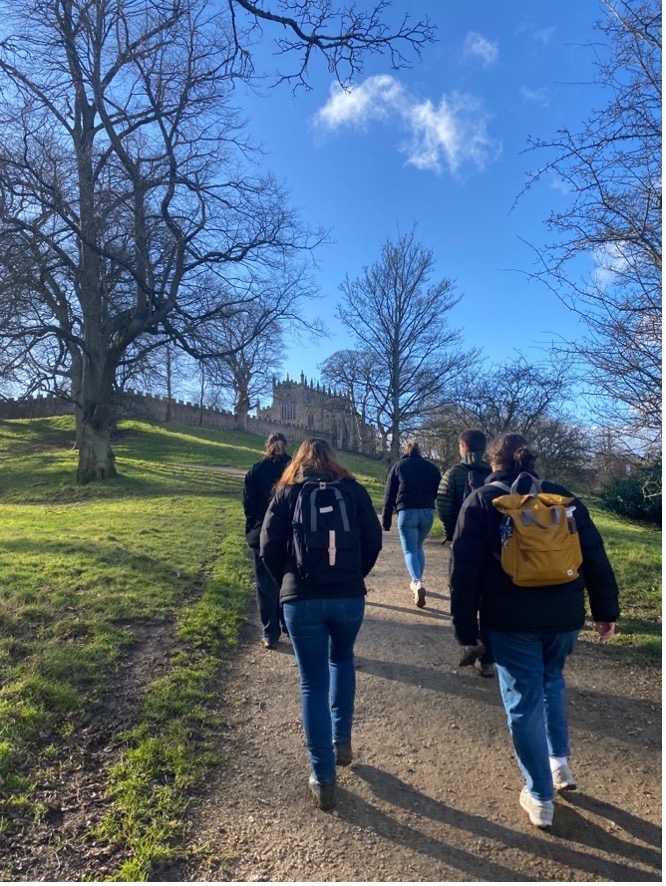
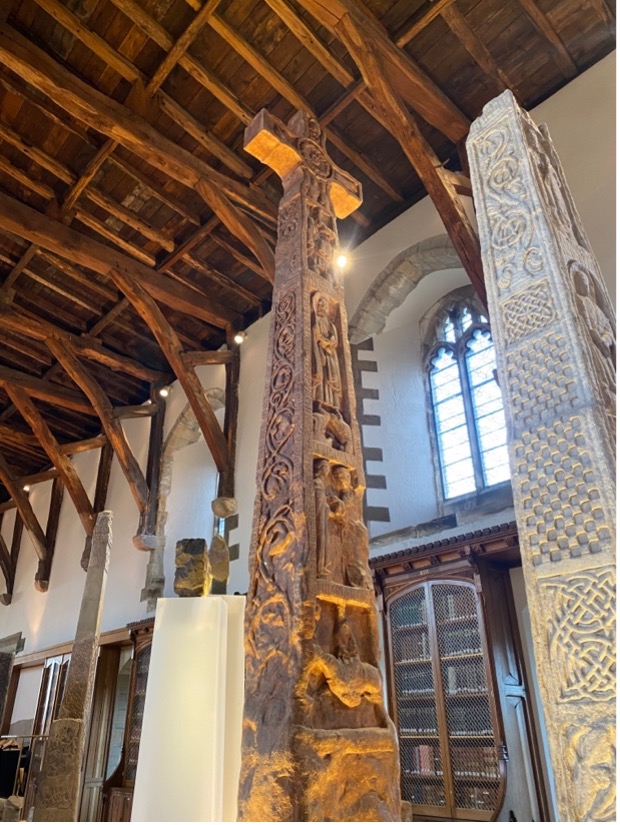
Durham University Archaeology Society
While technically separate from the university’s Archaeology department, the Archaeology Society (affectionately known as ‘ArchSoc’) is a community for all students interested in the discipline and hosts a range of social and academic events for its members.
This year I’ve had the pleasure of being Publicity Officer, curating content for the society’s social media platforms and working closely with the exec to make sure everyone has as exciting a year as possible! From the Indiana Jones themed party to the Horrible Histories karaoke night, ArchSoc’s social events have been an incredible opportunity to get to know students from first year to postgraduate level. If you’re planning on studying Archaeology as part of your degree, it’s definitely worth getting involved with the society – even if it’s just so you can own an iconic ArchSoc bucket hat!
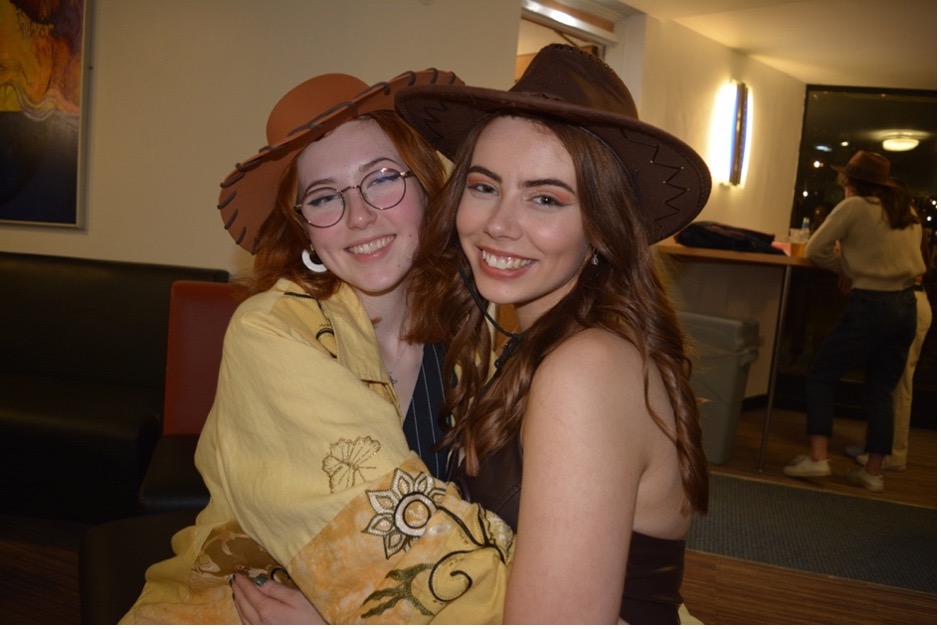
Discover more
Our Department of Archaeology is a leading centre for the study of archaeology and is ranked 10th in the world (QS World University Rankings by subject 2023). We are an inclusive, vibrant and international community. Our students develop knowledge and gain essential and transferable skills through research-led teaching and lab-based training.
Feeling inspired? Visit our Archaeology webpages to learn more about our postgraduate and undergraduate programmes.
Create your own personalised prospectus here
Follow our students on Instagram, TikTok and YouTube


